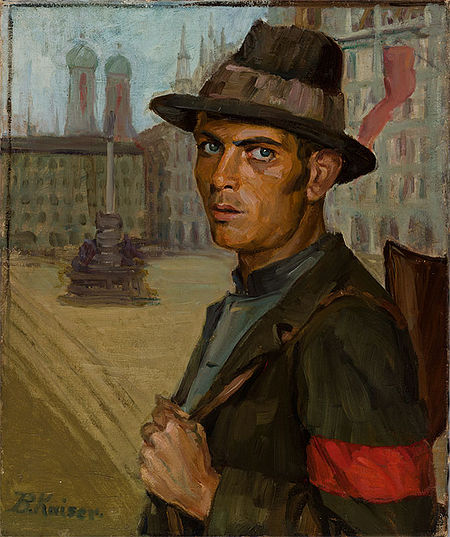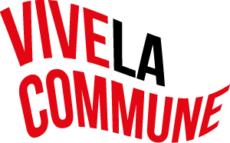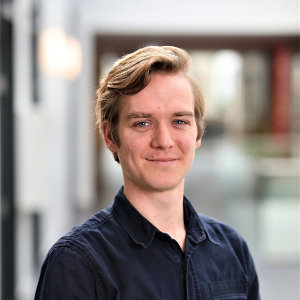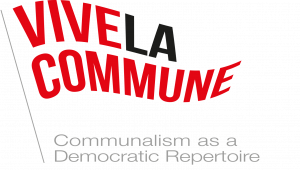Dutch and German council communist movements in 1918-1919
Project outline
The German Revolution of 1918 marked the beginning of what would become known as the council movement. This movement not only contested parliamentary politics and trade unionism, but also the Bolshevik conception of the revolutionary vanguard party. This articulation of a communalist repertoire developed in conceptual conflict with these other political repertoires. This subproject has three research goals related to this articulation.

Firstly, it asks how the repertoire of the commune became integrated in council communist theory. In the aftermath of the November revolution, Richard Müller and Ernst Däumig developed a ‘pure council system’ and in the years that followed, council communist worked out a repertoire of council politics in a heated theoretical debate with Bolshevists and social-democrats. One of the main debates was over the interpretation of the council as a political form. This project studies the role of the Paris Commune as a (historical) experience, as an ideal to be realised and as a threat in these debates about what constituted ‘true democracy’.
Secondly, this project will trace the communalist repertoire in the debates in the German workers’ and soldiers’ councils of 1918-1919. A central question in revolutionary Germany was the relation of a National Assembly and a council system, and these debates provide a well-documented source of conflict between various democratic repertoires. How did delegates relate to the experiences of the Commune, was it an example to be followed or a threat to be avoided? How was the repertoire of communalism articulated, contested and translated to the context of modern Germany? How were various (e.g. Marxist, anarchist, republican) interpretations of the Commune contested in those debates and applied to the future of Germany?
Thirdly, this subproject collaborates with the other two to investigate various re-emergences of councilism throughout the history of the communalist repertoire: in philosophical debates on the ‘right to the city’ in the 1960s, and in the practices of contemporary municipalist movements.


